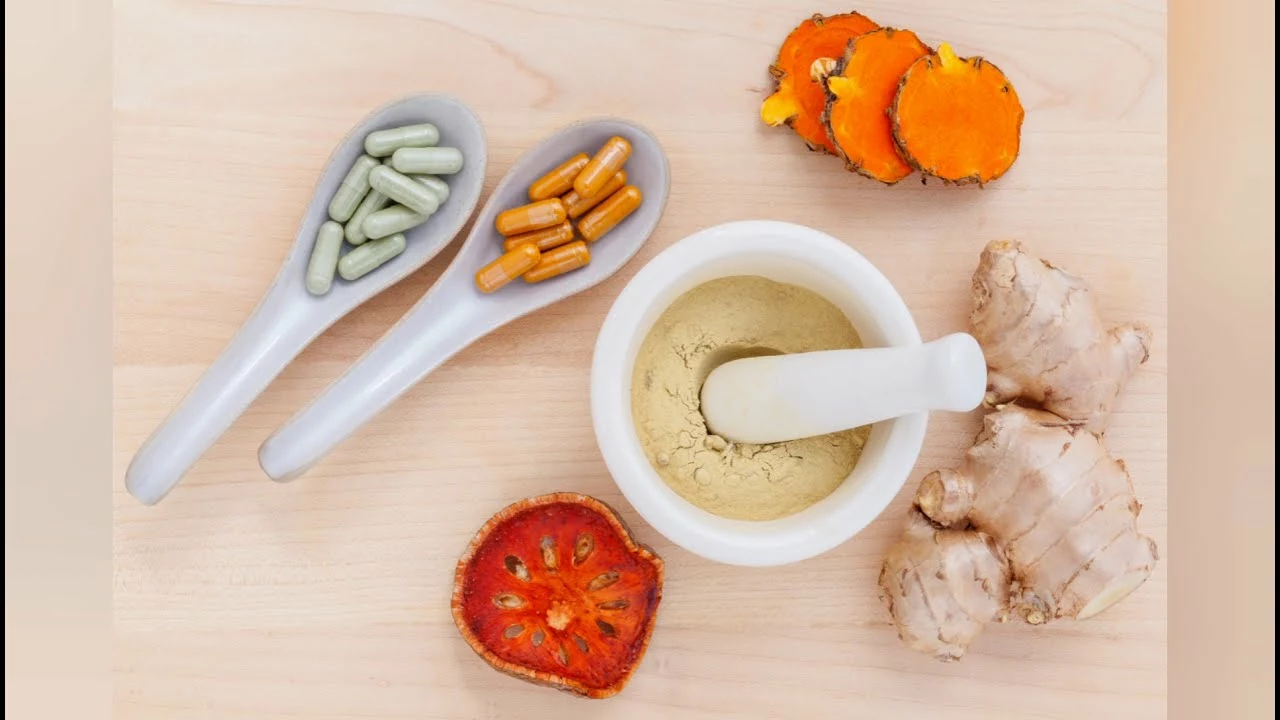Dietary Improvement: Practical Steps to Better Nutrition
Feeling sluggish or stuck in a food rut? Small, consistent changes beat big, short-lived diets. This guide gives clear, usable moves you can start today to improve energy, digestion, and mood without complicated rules.
First, check what you already eat. Track 3 days—meals, snacks, and drinks. Note portions and how you feel after eating. That snapshot shows where to swap rather than what to eliminate. For example, trading one sugary drink a day for water or unsweetened tea saves calories and cuts blood sugar spikes without feeling deprived.
Focus on three pillars: protein, fiber, and healthy fats. Aim to include a source of protein at every meal—eggs, Greek yogurt, canned tuna, beans, or tofu. Add fiber with vegetables, whole grains, legumes, and fruit. Fiber helps you feel full and supports steady blood sugar. Healthy fats like olive oil, avocado, nuts, and seeds help satiety and nutrient absorption.
Make simple swaps: choose whole-grain bread, roast vegetables instead of frying, and snack on nuts or carrot sticks instead of chips. Batch-cook a lean protein and a grain once or twice a week so you always have a quick base for meals. Portion control matters—use smaller plates and pack leftovers into single-serving containers to avoid overeating.
Supplements that can help — and when to be careful
Supplements can fill gaps but don’t replace good food. Some items people search for on MyOTCStore.com include pyruvate, beeswax supplements, and Lungmoss. Pyruvate is often marketed for energy and weight support, beeswax products are sold as natural wellness aids, and Lungmoss targets respiratory support. Evidence varies for each; most help only in specific situations and doses.
Before starting any supplement, ask: Do I need it? Is there clear evidence? Is the brand reputable? If you take prescription meds—like statins, blood thinners, diabetes drugs, or anything for the heart or brain—check with your clinician. Supplements can interact with medicines and change how they work.
Quick, realistic 7-day plan
Day 1–2: Swap sugary drinks for water or herbal tea; add a vegetable to each meal.
Day 3–4: Add a protein to breakfast (Greek yogurt, eggs, or protein-rich smoothie). Prep two portions of lean protein for the week.
Day 5: Replace refined grains with whole grains for one meal—brown rice or rolled oats.
Day 6: Try a 20–30 minute walk after dinner to help digestion and stabilize blood sugar.
Day 7: Review your week—what was easy, what felt hard—and plan repeats of what worked.
Give these shifts three to four weeks to stick. Small wins build habits. For deeper reading on supplements and how they might fit your goals, check the detailed guides and reviews at MyOTCStore.com. Ask questions, compare brands, and talk with a healthcare pro before making big changes.

Fig-uring Out Your Health: The Surprising Benefits of Fig Dietary Supplements
- 17 Comments
- Jun, 12 2023
I recently discovered the amazing benefits of fig dietary supplements and I just had to share it with you all! Not only do figs taste delicious, but they're also packed with essential nutrients like fiber, calcium, and potassium. I've learned that incorporating fig supplements into my diet has the potential to boost my digestive health, strengthen my bones, and even help with weight management. I'm loving the positive impact these fig supplements are having on my overall health and well-being. Give them a try and see the difference for yourself!




